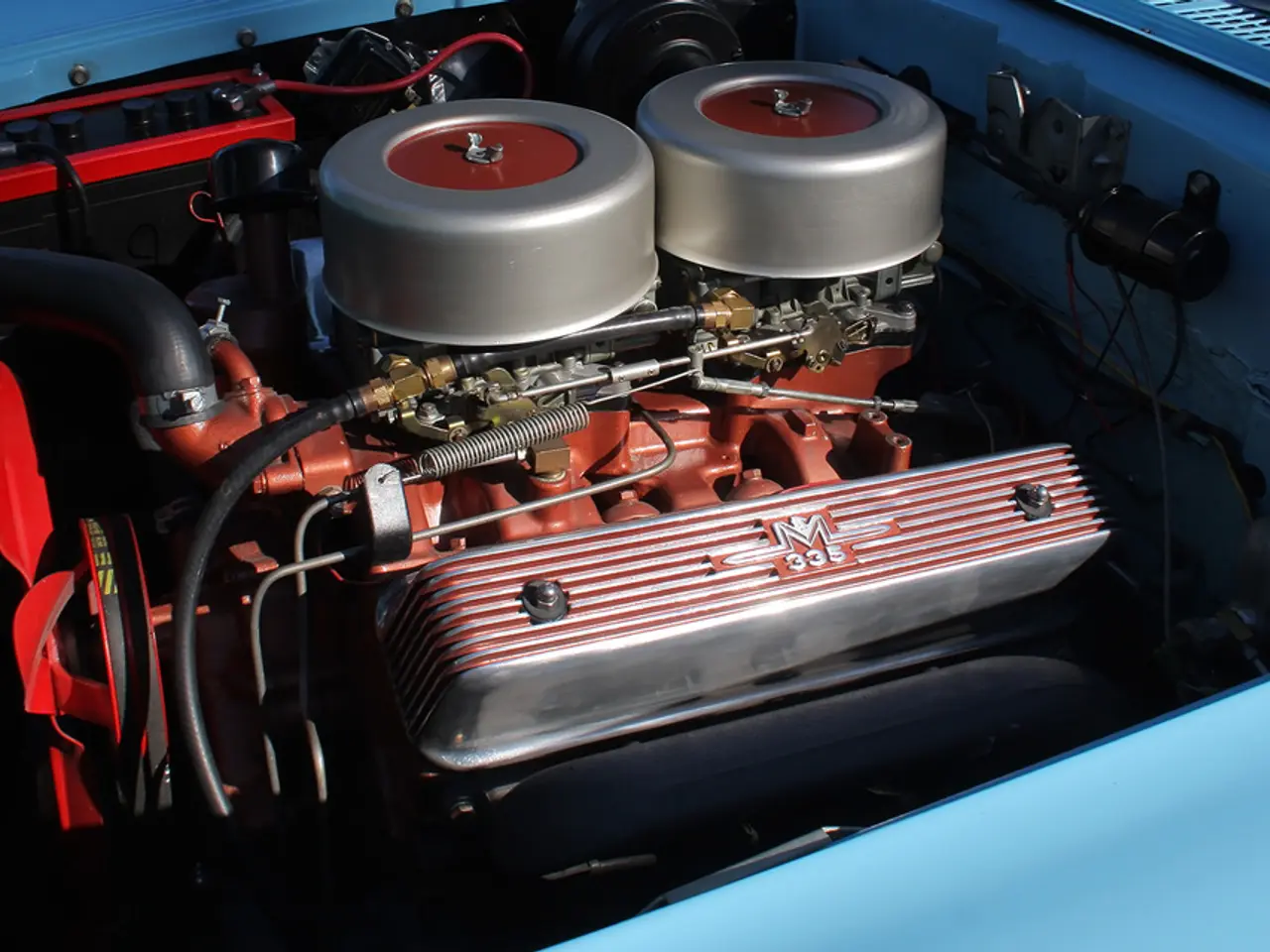European Court of Justice Greenlights Charging Stations on German Motorways
European Court of Justice decides on agreements for rapid-charging stations along German motorways - European Court of Justice Rules on Contracts for High-Speed Charging Stations Along German Highways
In a court ruling that reverberates across the EU, the European Court of Justice (ECJ) has given the nod to Autobahn GmbH's initiative to set up fast-charging stations on German motorways. This decision, echoing an earlier opinion by Advocate General Manuel Campos Sánchez-Bordona in October 2024, was in favor of Autobahn GmbH, effectively dismissing a challenge by charging station operator Fastned [1][3].
This landmark ruling paves the way for the expansion of electric vehicle charging infrastructure on motorways, a development long overdue for Germany and other European countries. Though the ruling doesn't explicitly mention a direct connection to the Düsseldorf Higher Regional Court or Luxembourg courts, the ECJ's verdict carries weight across the EU.
The controversy centered on the legality and suitability of Autobahn GmbH's actions in providing charging infrastructure. While this case was specific to Germany, the ECJ's ruling sets a benchmark for expanding charging infrastructure on motorways across the EU, demonstrating alignment with the EU's legal frameworks.
These approximately 360 concession agreements for rest areas were initially granted without tendering between 1996 and 1998, preceding the privatization of Tank & Rast. Post-privatization, several GmbHs, including the entities responsible for these concessions, emerged [2]. The Düsseldorf Higher Regional Court temporarily halted proceedings, questioning the legal validity of these agreements. However, the ECJ's verdict has now put these concerns to rest.
- The European Court of Justice (ECJ) has decided to stay proceedings regarding the award of contracts for the rapid loading of motorways, aligning with its recent ruling about charging stations on German motorways.
- This verdict from the ECJ not only affects Germany but also sets a benchmark for privatization in the transportation industry across European countries, particularly in the realm of motorway charging infrastructure.
- Despite the Düsseldorf Higher Regional Court temporarily halting proceedings due to questions about the legal validity of certain concessions, the ECJ's decision has now resolved those concerns, paving the way for continuation of these agreements.
- In light of the ECJ's review, financing and technology sectors will likely see increased investment in the expansion of electric vehicle charging infrastructure on European motorways.
- The ECJ's ruling in Luxembourg concerning motorway charging stations has far-reaching implications, potentially encouraging further privatization and development in Europe's transportation technology.




